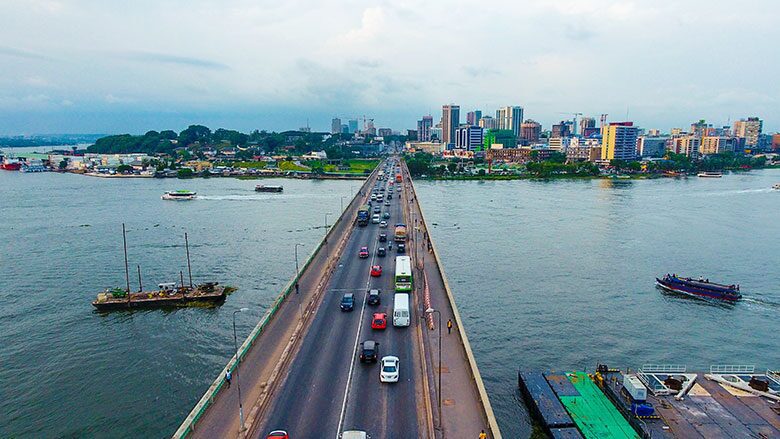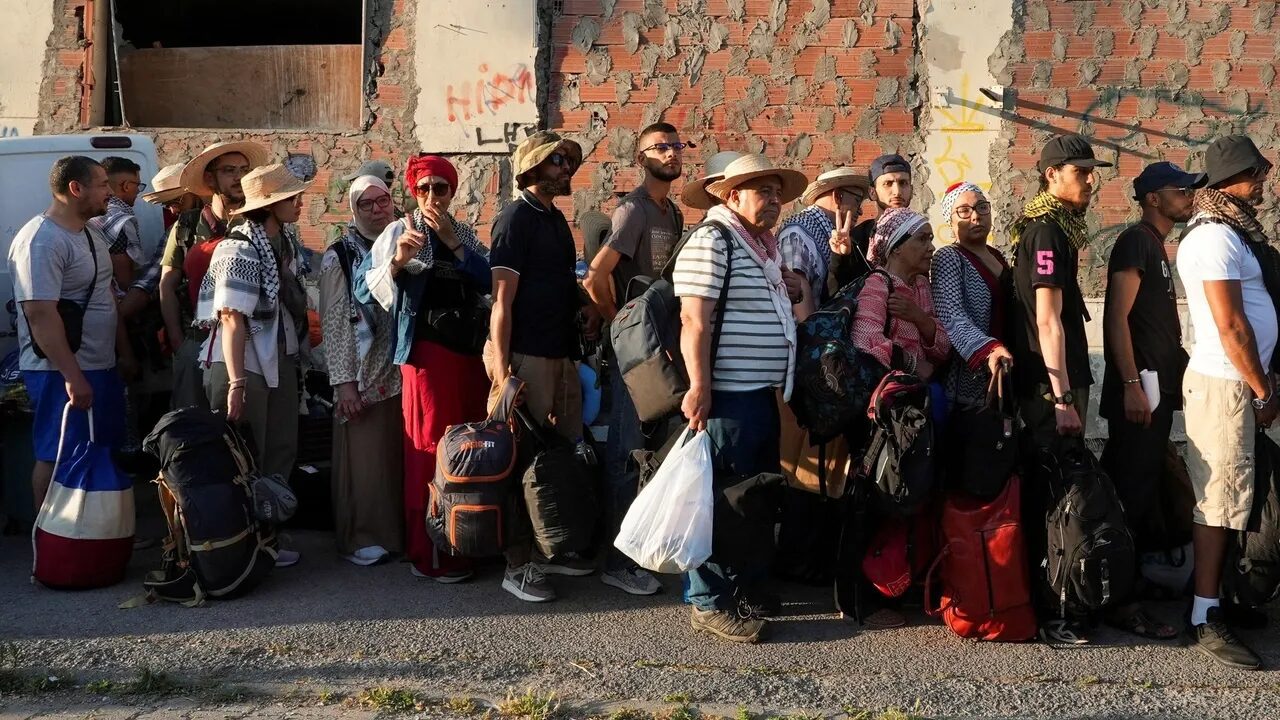
Monday 20th October 2025

by inAfrika Newsroom
Africa 5G expansion gathered pace in October after Nokia signed new network agreements with Vodafone, Vodacom and Safaricom, officials said. The vendor highlighted first-in-Africa radio upgrades that cut space and energy needs, reinforcing the case for wider Africa 5G expansion across high-traffic cities. Safaricom separately reported it has ramped 5G sites to 1,700, more than double last year.
The Nokia–Vodafone programme will add capacity and extend coverage in Kenya, South Africa and Ethiopia. Moreover, executives said the roadmap includes Massive MIMO radios intended to improve spectral efficiency on constrained urban towers, aiding Africa 5G expansion where power and real estate costs bite. Analysts said performance gains could bring down cost-per-gigabyte for consumers and SMEs if wholesale pricing follows.
Safaricom’s disclosure shows how quickly operators are moving from trials to scale. The company’s 2025 report indicates a 111.7% jump in 5G sites year-on-year. In addition, the operator framed 5G as the backbone for fixed-wireless broadband and enterprise services, including edge computing for logistics and fintech.
Across the region, carriers are linking radio upgrades with core-network cloudification. Consequently, vendors and tower firms are pitching energy-efficient radios and software that reduces truck rolls. Sector trackers said these moves could cap opex in markets with volatile diesel costs and grid constraints, a persistent risk to returns.
Why it matters: faster, denser 5G will support payments, streaming, telemedicine and industrial IoT. Meanwhile, governments are tying spectrum policy to digital-economy targets and local skills pipelines. However, officials also warned that device affordability and backhaul remain limiting factors in rural coverage, even as urban rollouts accelerate.


